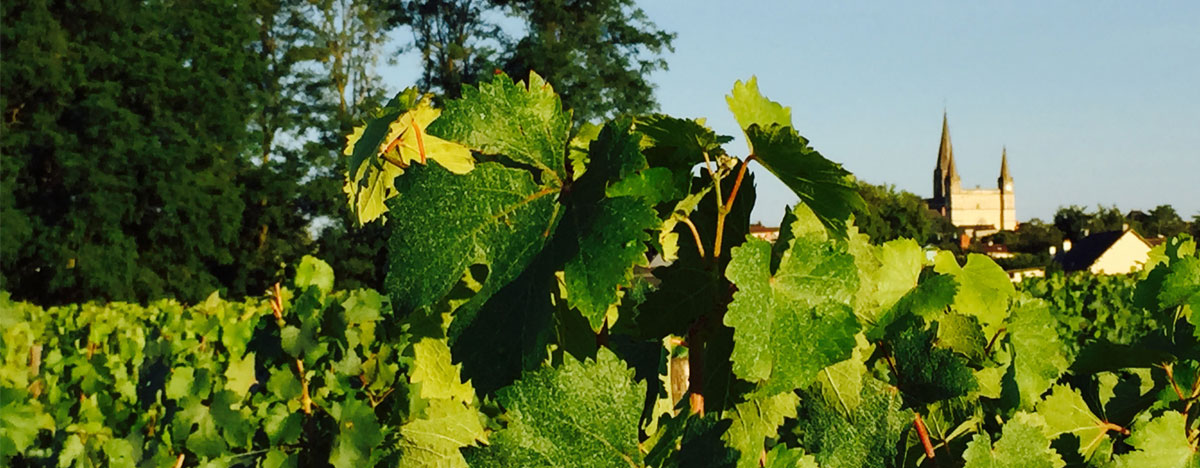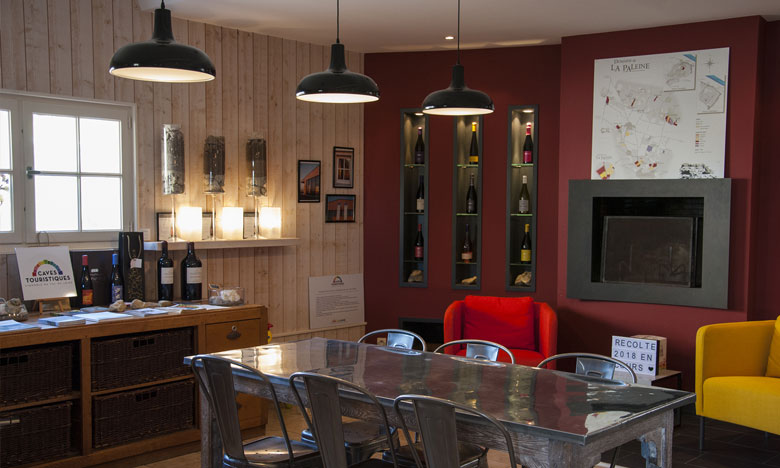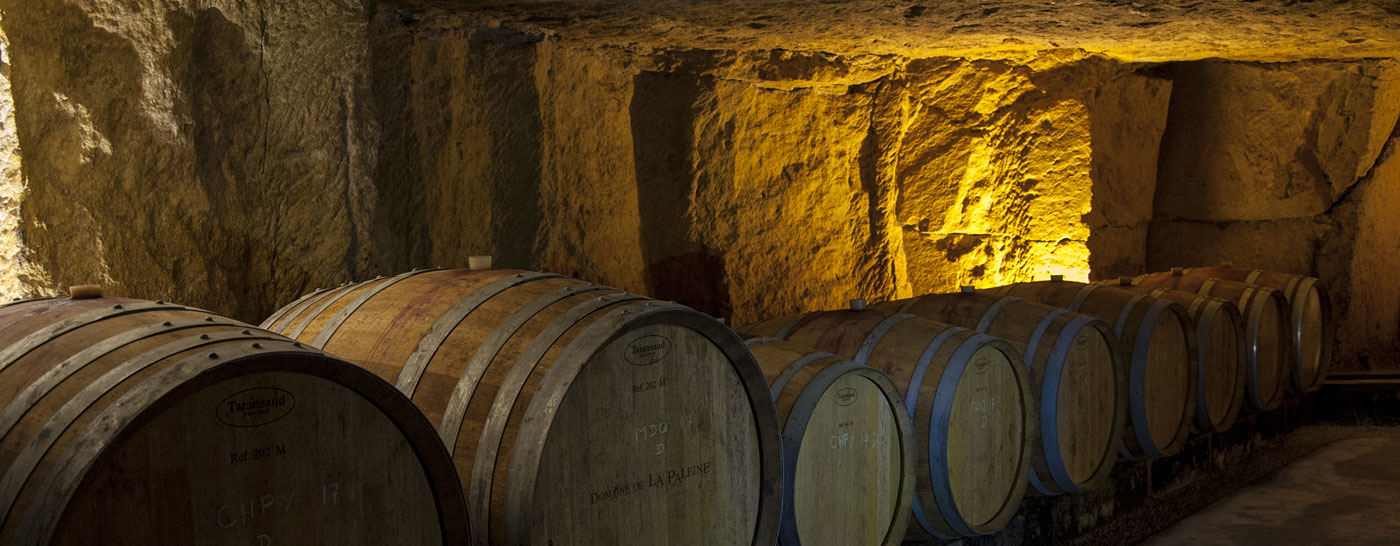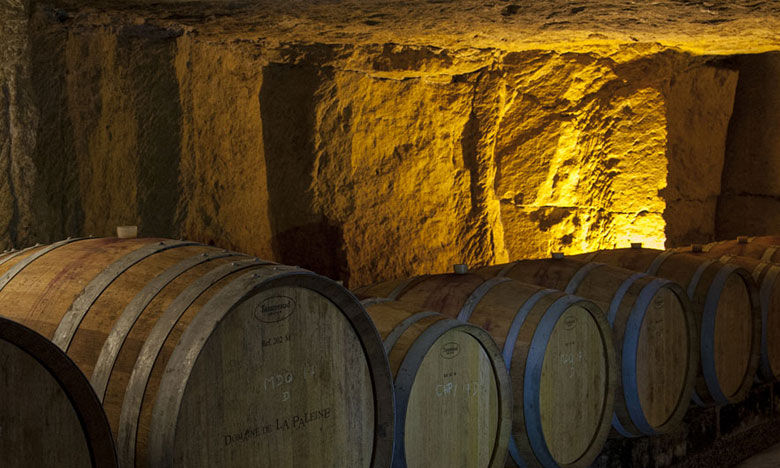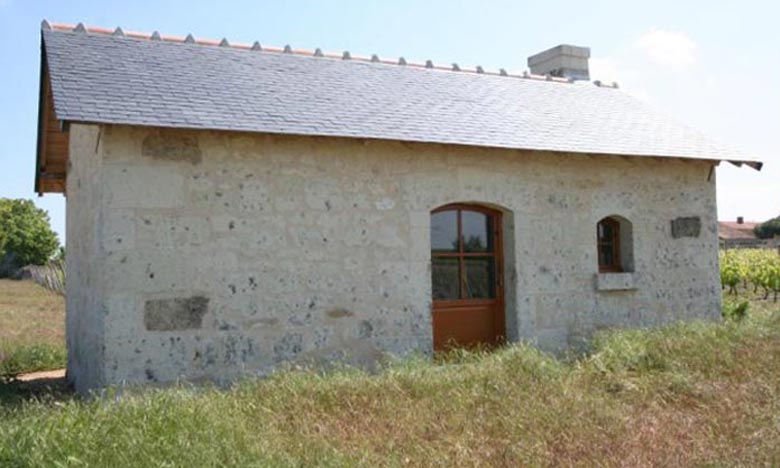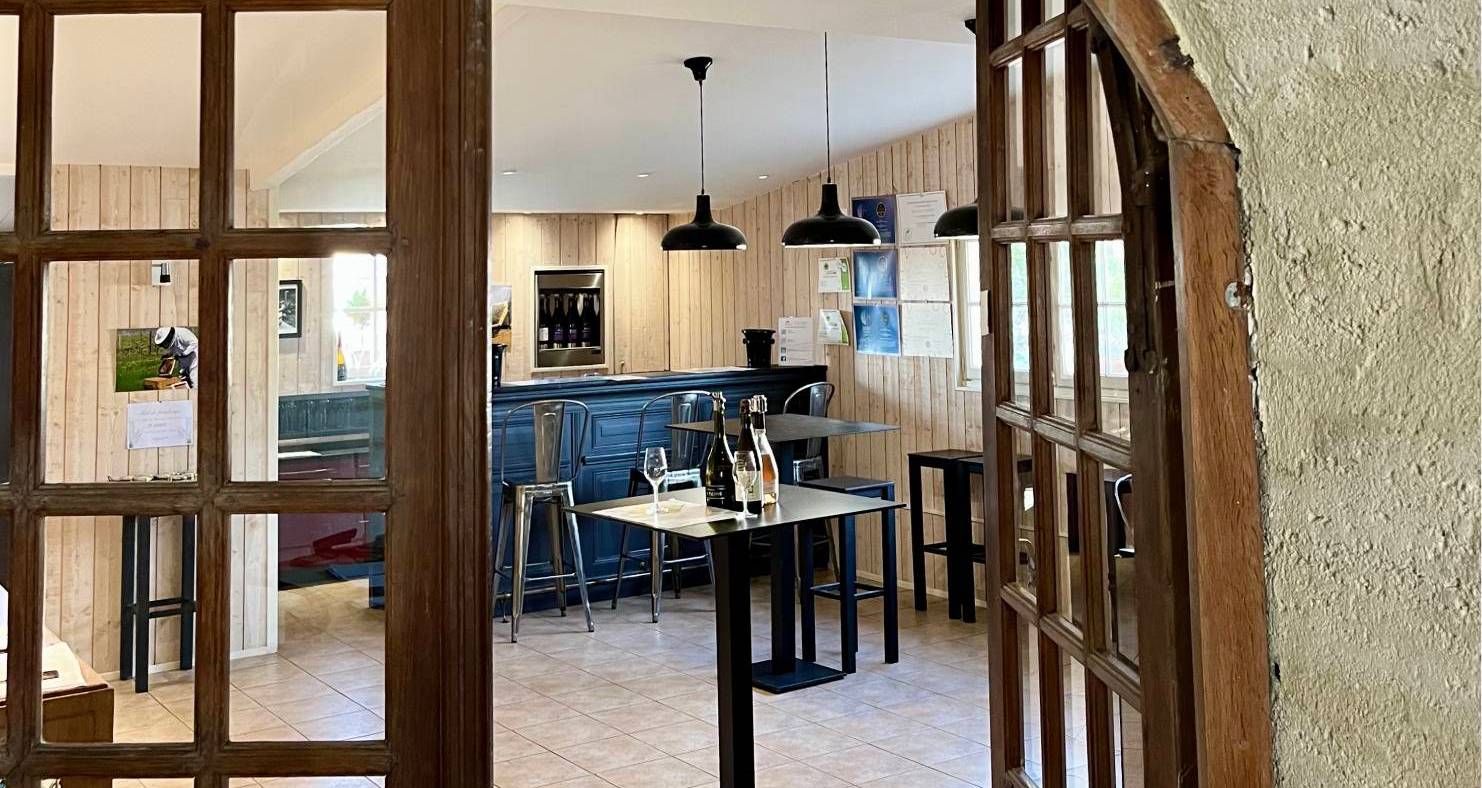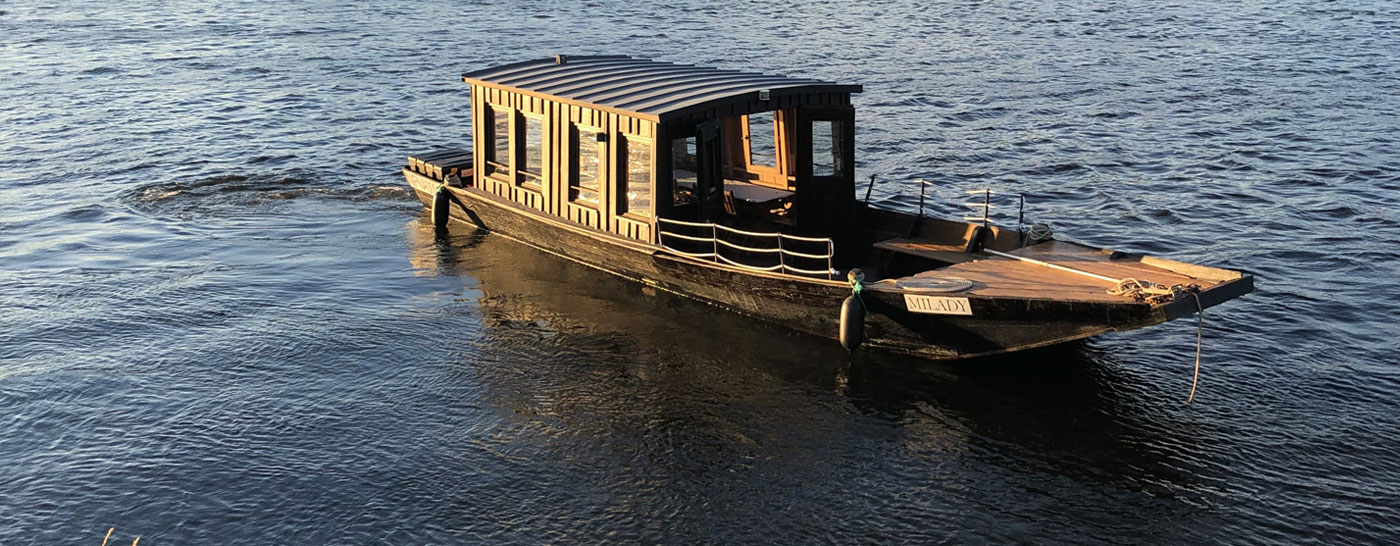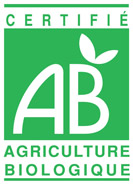
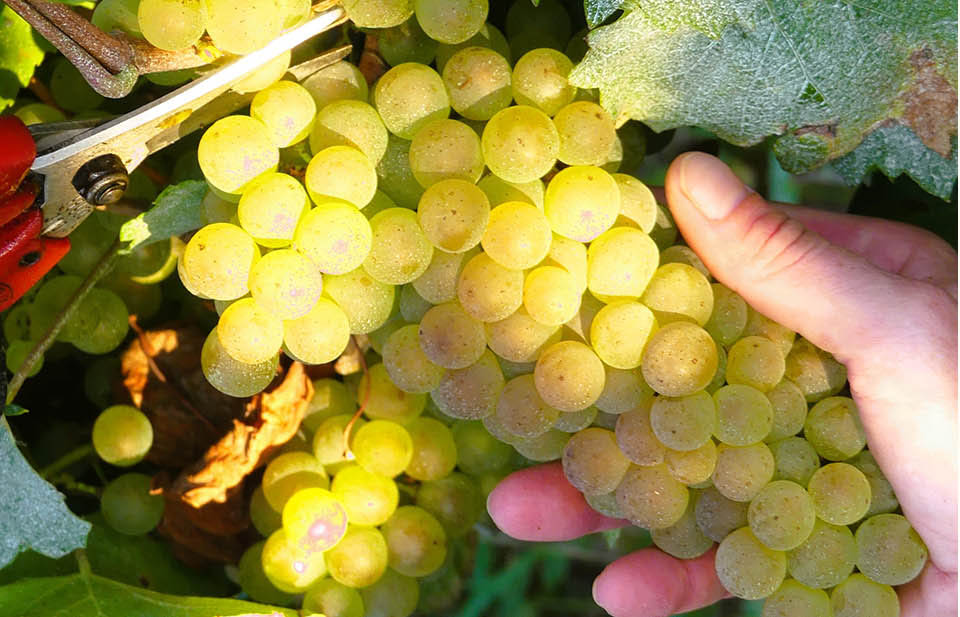
Know-how
Giving regular attention to the vines, adapting the work to each parcel of land;
Actions repeated consistently over the years;
Demanding know-how, subject to uncertainties; and after that, from the vine to the glass, the emotions associated with the wine are revealed
In the vineyard
The conversion of the Domaine to Organic Agriculture began in 2010, was certified in 2013, and out of respect for living things, the transition to Biodynamics followed in 2017.
The vineyards have grass strips, with plant cover maintained between the rows of vines, and mechanical weeding under them replaces chemical weedkillers. This work promotes the life, structure and organic matter of the soil.
Pruning is done respecting the flow of sap, according to the Guyot Poussard method; and de-budding makes it possible to control yields and preserve the vines.
The grapes harvest is manual, a guarantee of quality, with sorting the grapes carried out on the parcel of vines.
We work with and for nature. Everything that remains to be done for a living and sustainable environment inspires us.


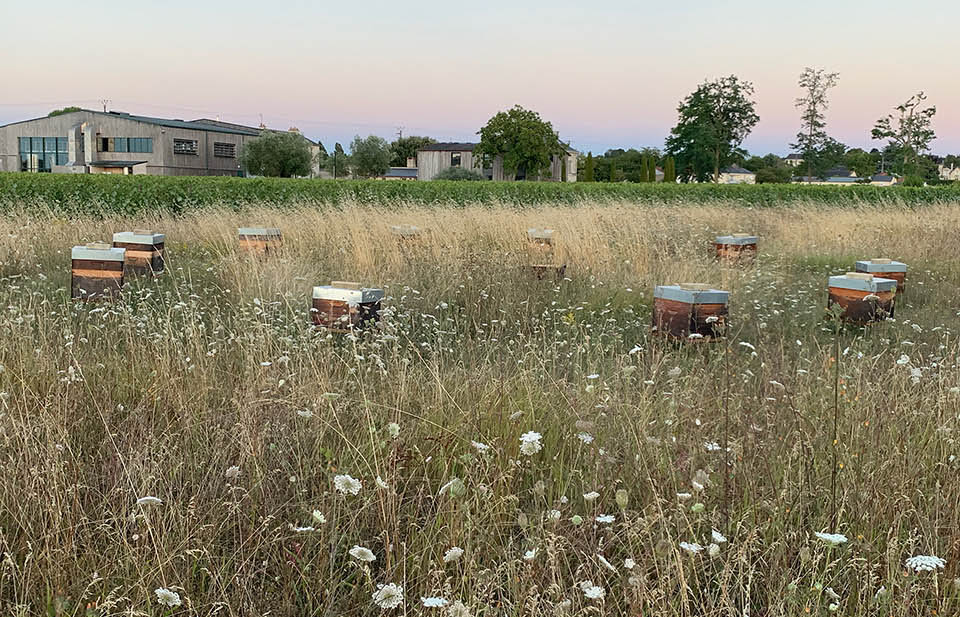

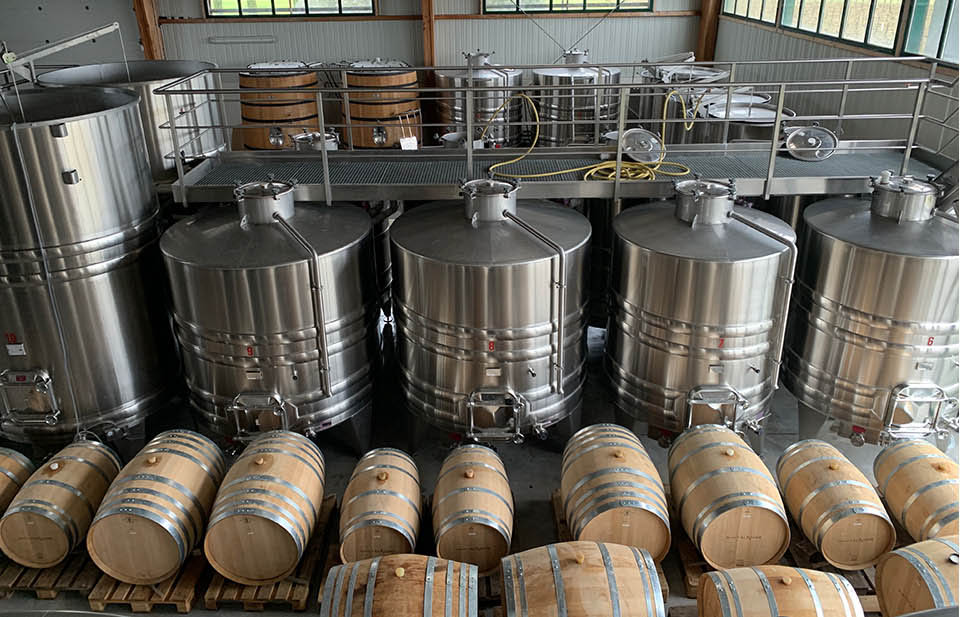

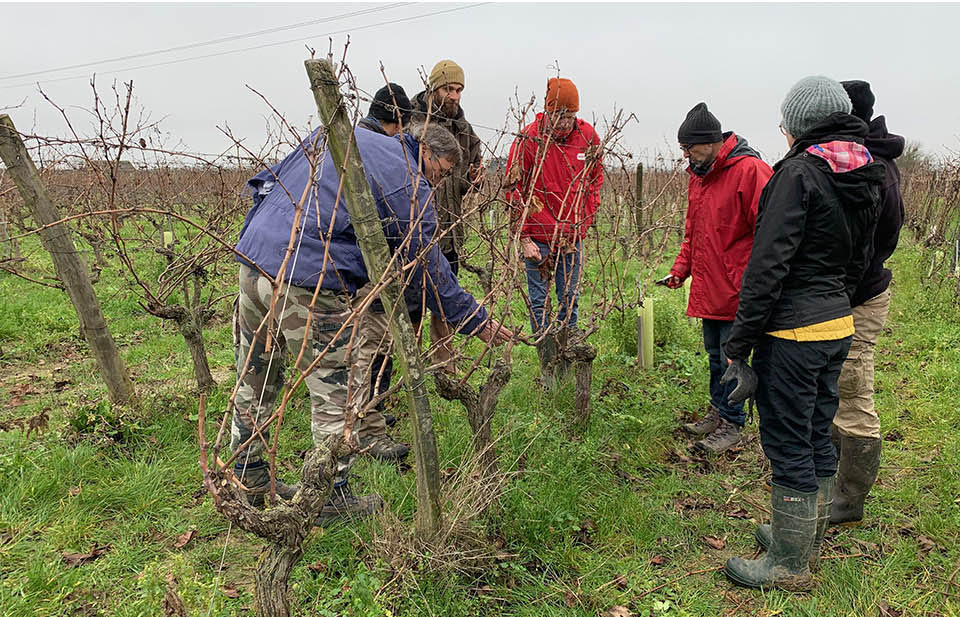

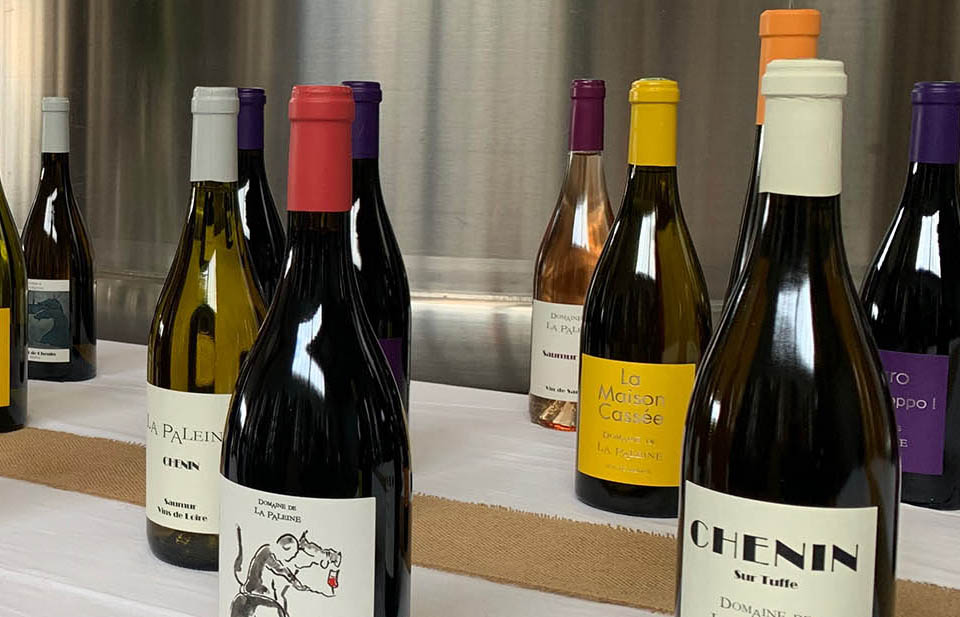
 La Paleine
La Paleine  Saumur Puy-Notre-Dame
Saumur Puy-Notre-Dame  La Maison Cassée
La Maison Cassée 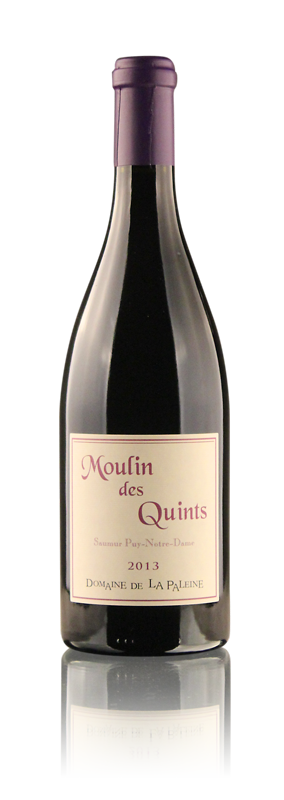 Moulin des Quints
Moulin des Quints 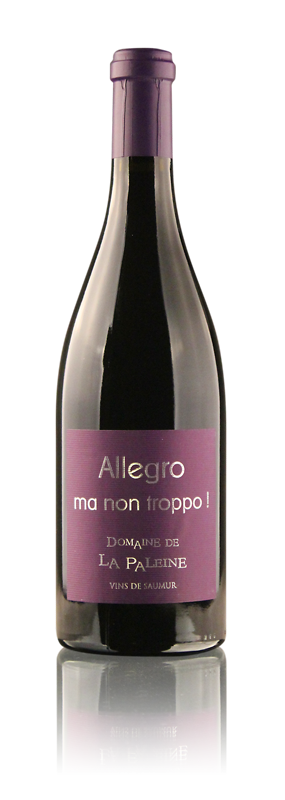 Allegro ma non troppo
Allegro ma non troppo  Saumur Champigny
Saumur Champigny  Papageno
Papageno  Pinot Noir
Pinot Noir 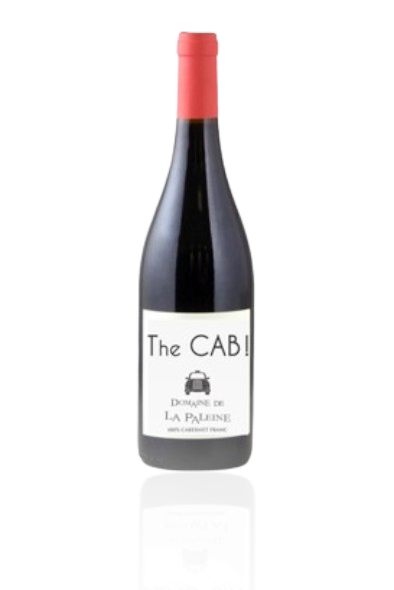 The Cab !
The Cab !  La Paleine
La Paleine  Esprit de Chenin
Esprit de Chenin  Chenin sur Tuffe
Chenin sur Tuffe  La Maison Cassée
La Maison Cassée 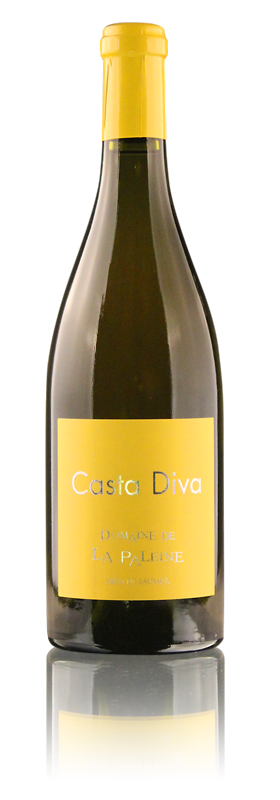 Casta Diva
Casta Diva  Petits Grains de Chenin
Petits Grains de Chenin  Côteaux de Saumur
Côteaux de Saumur 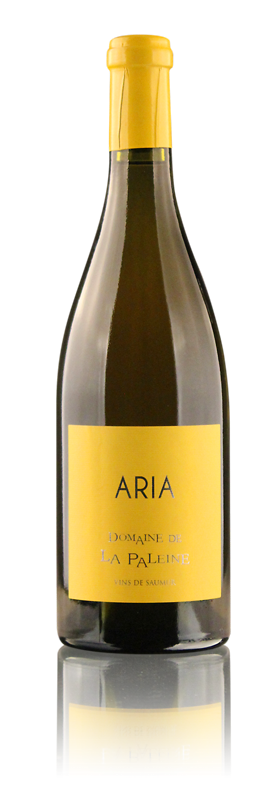 Aria
Aria  Saumur Brut
Saumur Brut  Saumur Brut Rosé
Saumur Brut Rosé  Crémant de Loire
Crémant de Loire 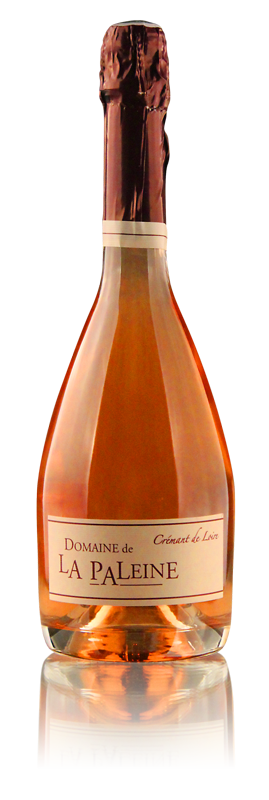 Crémant de Loire Rosé
Crémant de Loire Rosé 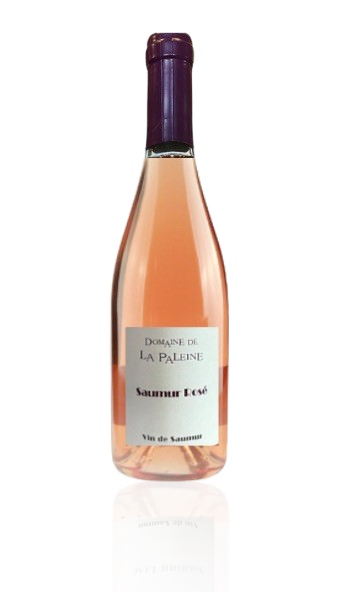 Saumur Rosé
Saumur Rosé 